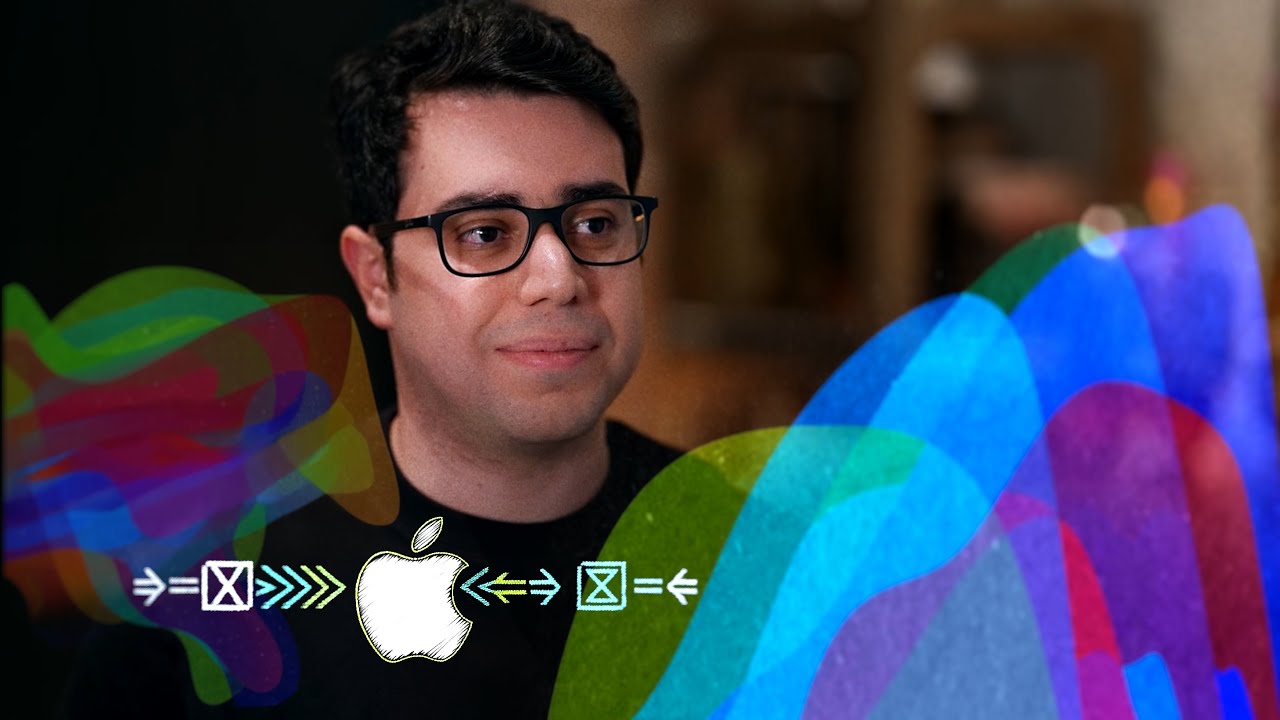The speaker argues that AI research should prioritize understanding intelligence and reasoning over mere achievement metrics, emphasizing the need for AI systems to develop their own theories and comprehension rather than relying on statistical correlations. They highlight the limitations of current models in logical reasoning tasks and advocate for benchmarks that assess genuine understanding, aiming to foster AI systems that can learn and adapt like humans.
In the talk, the speaker emphasizes the distinction between intelligence and achievement in artificial intelligence (AI) research. They argue that the current focus is heavily on achievement metrics, such as accuracy and performance benchmarks, rather than understanding the underlying concepts of intelligence, reasoning, and comprehension. The speaker believes that to develop truly intelligent systems, we need better abstract models of the world and knowledge representation. They highlight the limitations of existing AI systems, particularly in their ability to reason and understand concepts beyond mere statistical correlations.
The speaker draws parallels between AI advancements and the evolution of chess after the introduction of AlphaZero. Instead of merely memorizing moves from chess engines, grandmasters began to develop new theories and strategies by understanding the underlying principles of the game. This shift illustrates the importance of comprehension over rote memorization. The speaker argues that similar principles should apply to AI systems, where the goal should be to foster understanding and the creation of new knowledge rather than simply achieving high scores on benchmarks.
The discussion also touches on the challenges of using tools in AI, such as chess engines, and the implications of relying on external tools for reasoning tasks. While using tools can enhance performance, the speaker cautions that it does not guarantee understanding. They argue that true intelligence should involve the ability to reason, plan, and adapt across various tasks and domains, rather than just achieving high performance on specific benchmarks. The speaker emphasizes the need for AI systems to develop their own theories and understanding of the tasks they perform.
The speaker expresses concern about the current state of AI research, noting that while there is significant investment and progress, the understanding of how these systems work remains limited. They critique the incremental nature of research, where new findings often do not contribute to a coherent understanding of AI systems. The speaker advocates for a shift in focus towards understanding the fundamental principles of intelligence and reasoning, rather than merely seeking solutions to specific problems. They suggest that a more rigorous exploration of the theoretical underpinnings of AI could lead to better models and systems.
Finally, the speaker discusses their research on the GSM symbolic benchmark, which highlights the performance variations of AI models when faced with logical reasoning tasks. They argue that the observed performance gaps indicate a lack of true understanding in these models, as they struggle with variations in question phrasing that should not affect logical reasoning. The speaker concludes that the field should prioritize developing benchmarks that assess genuine understanding and reasoning capabilities, rather than relying solely on performance metrics that can be easily saturated. They emphasize the importance of fostering AI systems that can learn, adapt, and reason in a manner similar to human cognition.
